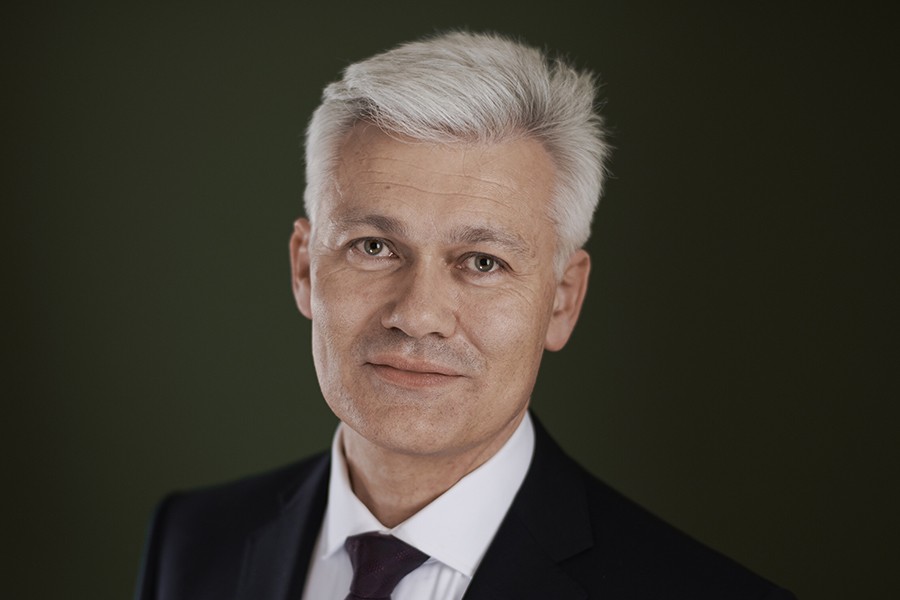Security is paramount. Today, few people would be surprised if children put on bicycle helmets when walking on foot. Ambiguous words, nasty film scenes or certain contents are kept away from people. Not only children, but it is believed that also adults have to be protected more and more. The delusion to label everything with warnings in order to protect people from themselves causes frustration. Everybody now feels constricted by the hostility to pleasure and the corset of safety and right and good. You are constantly being told what you can and cannot do. More and more people are gradually deprived of their freedom of choice.
Today, when there are many discussions in the social media and in politics about political correctness or health or global warming, the re-tabooing leads to an enormous hardening of positions. Everyone immediately takes a position, sticks to it and the different opinions are far apart from each other from the beginning. These discussions should be more rational and less emotional.
After the collapse of Lehman Brothers in September 2008, a new era of supervision and regulation of the financial and capital markets was heralded. The responsibility of all participants in these markets should be increased. The protection of private and institutional investors is paramount. In fact, however, the freedom of the individual investor has been restricted. In particular, decisions for individual companies – regardless of the asset category – were subsequently avoided. The investment of money in Exchange Traded Funds (ETFs) began its triumphal procession.
Assets in ETFs, passive investment instruments that trade like shares and typically follow a broadly diversified index, have risen to $5 trillion worldwide, compared to less than $700 billion before the financial crisis. The number of ETFs has more than doubled as they represent ever larger portions of the equity, bond and commodity markets. Although ETF trading began in the US in 1993, the financial crisis marked a turning point for ETFs. Banks were forced to reduce large securities portfolios to make their balance sheets less risky. Small investors, who had lost a lot with shares, among other things, wanted to relinquish responsibility and diversify their individual share risks widely.
As ETFs, due to their gigantic size, are reshaping the markets along the lines of their model, there is a danger that these indexed investments will trigger the next crisis. The opinions – that ETFs separate securities from their fundamentals, that they promote volatility, that they undermine market efficiency to the point of Marxism – are feeding a heated debate.
A return to investment is desirable, if not urgent. A few ETF providers dominate the market and its participants. They determine needs and at the same time provide the product solutions. Out-of-the-box thinking in asset management becomes all the more important the more funds are invested uniformly and without any particular differentiation. Long-term investment strategies are preferable to short-term mainstream solutions.
“People who invest make money for themselves; people who speculate make money for their brokers. And that, in turn, is why Wall Street perennially downplays the durable virtues of investing and hypes the gaudy appeal of speculation. (Benjamin Graham, The Intelligent Investor)

